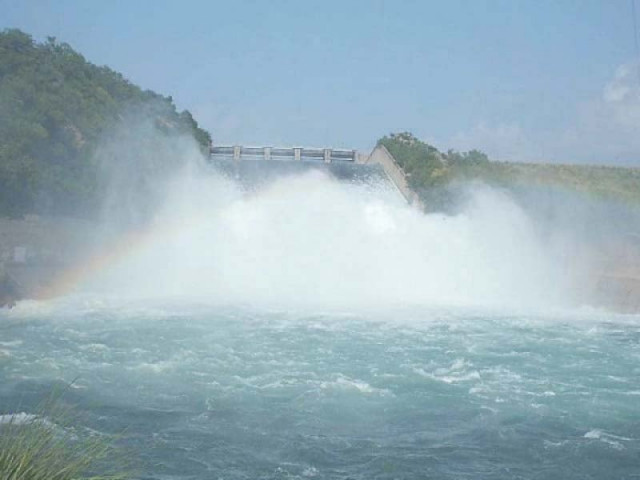Hydroelectric power production rises 5.7% in 2016
WAPDA stations provided 33.658b units of electricity in the year

Nawaz-led govt yet to fulfil promise of wholesale energy market
“This additional contribution of hydel electricity not only helped minimise load-shedding in the country but also brought down power tariff,” a statement quoted Wapda as saying on Saturday.
The main factors behind the increase in low-cost power generation included water releases from the reservoirs in line with the allocations made by the Indus River System Authority and effective operation and consistent maintenance of hydroelectric power stations.
Hydroelectric power is the cheapest, cleanest and environment-friendly source of electricity that plays a significant role in stabilising overall tariffs in the country.
Nishat Energy finds Chinese partner to set up power plant on imported coal
According to data compiled by the Pakistan Electric Power Company (Pepco) to determine the per-unit cost of electricity generated from various sources in fiscal year 2015-16, the hydroelectric power cost Rs2.15 per unit.
It was far lower than the per-unit cost of electricity produced from other sources. Nuclear power cost Rs6.86 per unit, gas-based electricity Rs9.07, residual furnace oil Rs11.05, re-gasified liquefied natural gas Rs11.27, bagasse Rs11.95, coal Rs12.08, wind power Rs16.63, solar power Rs16.95 and high-speed diesel Rs17.96. Power import from Iran cost Rs10.55 per unit.
CM inaugurates water project in Dhabeji
At present, Wapda owns 19 hydroelectric power stations with cumulative production capacity of 6,902 megawatts, constituting about one-third of the total installed power generation capacity in Pakistan.
Though hydroelectric power plants the world over have average life span of 30 to 35 years, Wapda boasts that it is still successfully operating its power stations, majority of which are far older than their average life.
“Despite the ageing factor, Wapda’s hydel power stations are still capable of running at their maximum generation capacities,” it said.
Published in The Express Tribune, January 1st, 2017.
Like Business on Facebook, follow @TribuneBiz on Twitter to stay informed and join in the conversation.



















COMMENTS
Comments are moderated and generally will be posted if they are on-topic and not abusive.
For more information, please see our Comments FAQ